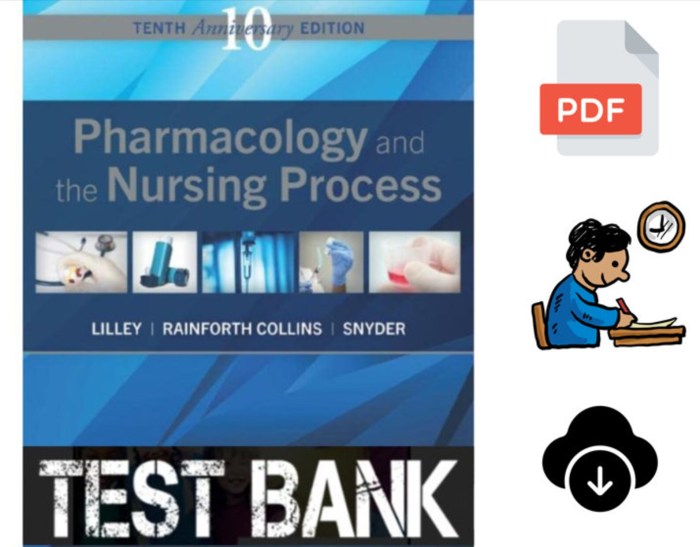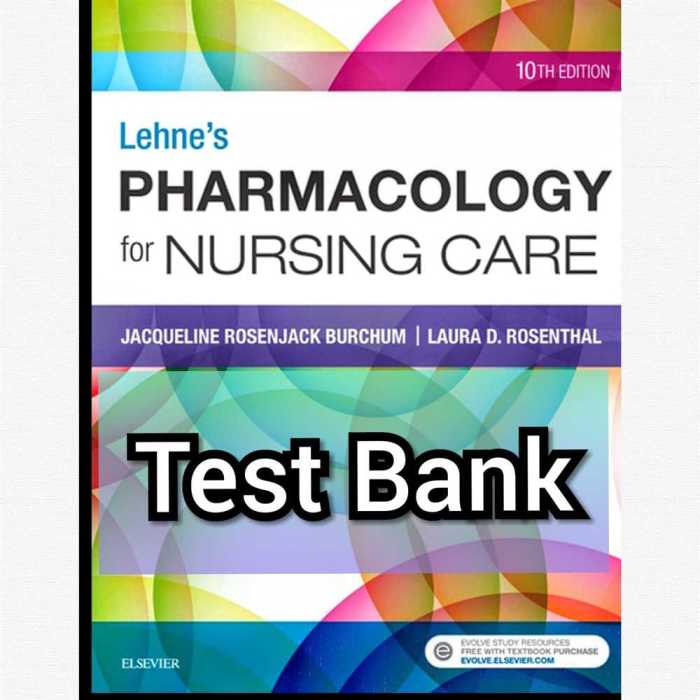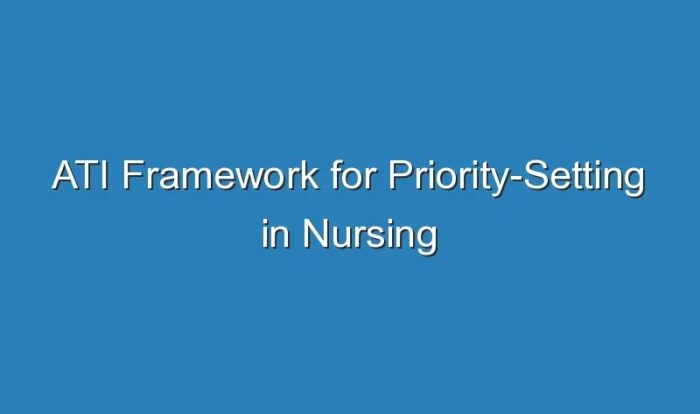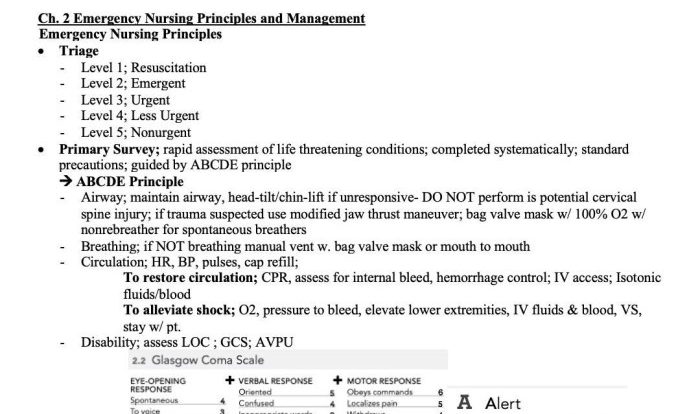Pharmacology and the nursing process test bank – Embark on an in-depth exploration of pharmacology and its profound implications for nursing practice with our comprehensive test bank. Designed to empower nurses with a deep understanding of drug action, administration, and patient care, this resource serves as an invaluable tool for enhancing clinical competence and ensuring optimal patient outcomes.
Through a meticulously curated collection of questions, our test bank delves into the intricacies of pharmacology, enabling nurses to master the principles of drug action, routes of administration, and the safe and effective management of medications. By engaging with these thought-provoking questions, nurses can refine their critical thinking skills, enhance their knowledge base, and elevate their ability to provide exceptional patient care.
Pharmacology and Nursing Practice
Pharmacology is the study of drugs and their effects on the body. It is a vast and complex field that encompasses a wide range of topics, including drug development, drug action, drug metabolism, and drug interactions. Pharmacology is essential for nurses because it provides them with the knowledge they need to safely and effectively administer medications to their patients.
The principles of drug action are based on the interaction of drugs with receptors in the body. Receptors are proteins that are located on the surface of cells. When a drug binds to a receptor, it can either activate or inhibit the receptor’s activity.
This can lead to a variety of physiological effects, depending on the type of receptor that is involved.
Drugs can be administered through a variety of routes, including oral, intravenous, intramuscular, and subcutaneous. The route of administration is chosen based on the drug’s properties and the patient’s condition.
Nursing Process and Pharmacology

The nursing process is a systematic approach to providing patient care. It consists of five steps: assessment, diagnosis, planning, implementation, and evaluation. Pharmacology plays a role in each step of the nursing process.
During the assessment phase, nurses collect data about the patient’s health history, physical examination, and laboratory tests. This information is used to develop a nursing diagnosis, which is a statement about the patient’s health problem.
Once a nursing diagnosis has been made, the nurse develops a plan of care. The plan of care includes a list of interventions that are designed to address the patient’s health problem. Pharmacology may be used to manage specific patient conditions, such as pain, infection, or hypertension.
Drug Calculations and Dosages

Accurate drug calculations are essential for safe medication administration. Nurses must be able to calculate drug dosages based on the patient’s weight, age, and condition. There are a variety of methods for calculating drug dosages. The most common method is the ratio-proportion method.
The ratio-proportion method is based on the principle that the ratio of the desired dose to the available dose is equal to the ratio of the patient’s weight to the standard weight. For example, if a patient weighs 50 kg and the desired dose is 100 mg, and the available dose is 200 mg/mL, then the nurse would calculate the dose as follows:
“`
mg / 200 mg/mL = 50 kg / X kg
“““X = 100 mL“`
Therefore, the nurse would administer 100 mL of the medication to the patient.
Medication Administration and Safety: Pharmacology And The Nursing Process Test Bank
Safe medication administration is essential for preventing medication errors. Nurses must follow a strict set of guidelines when administering medications. These guidelines include:
- Verifying the patient’s identity
- Verifying the medication order
- Preparing the medication correctly
- Administering the medication according to the prescribed route
- Monitoring the patient for adverse effects
Medication errors can have serious consequences. Nurses must be aware of the potential risks of medication errors and take steps to prevent them.
Medication Education and Patient Counseling
Patient education is an essential part of safe medication administration. Nurses must provide patients with information about their medications, including the name of the medication, the dose, the route of administration, and the potential side effects. Patients must also be taught how to take their medications correctly.
Patient counseling is a process of helping patients to understand their medications and to make informed decisions about their treatment. Nurses can provide patient counseling in a variety of settings, including hospitals, clinics, and pharmacies.
Quick FAQs
What are the key principles of drug action?
Drug action encompasses the mechanisms by which drugs interact with the body, including absorption, distribution, metabolism, and excretion. Understanding these principles is crucial for nurses to predict drug effects and optimize patient care.
How does pharmacology contribute to the nursing process?
Pharmacology plays a pivotal role in each step of the nursing process, guiding nurses in patient assessment, diagnosis, planning, implementation, and evaluation. Nurses leverage their knowledge of pharmacology to make informed decisions about medication selection, dosage, and administration.
What are the most common types of medication errors?
Medication errors encompass a range of mistakes that can occur during medication administration, including errors in dosage calculation, drug selection, and patient identification. Preventing medication errors is paramount to ensure patient safety.

